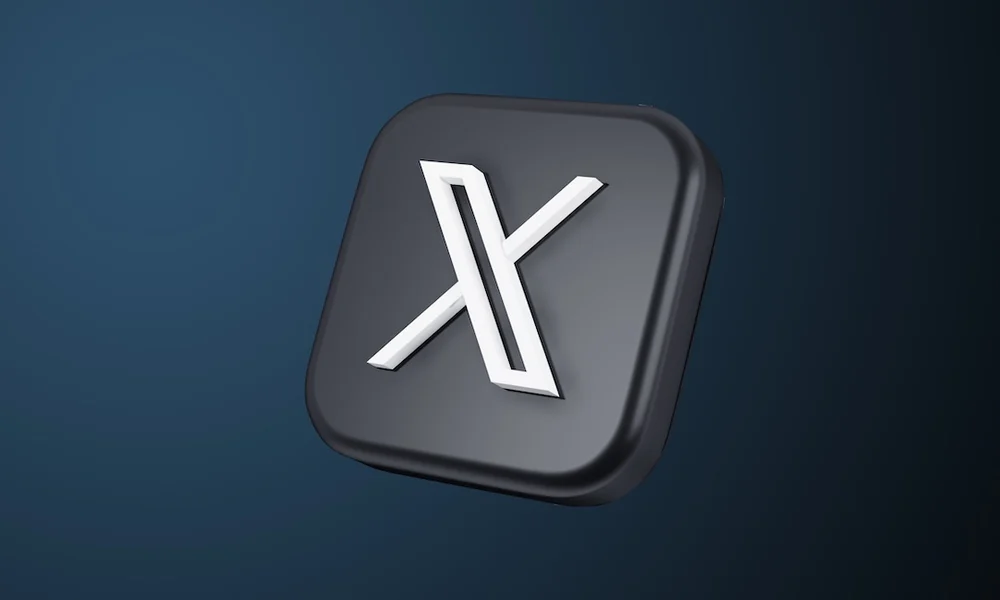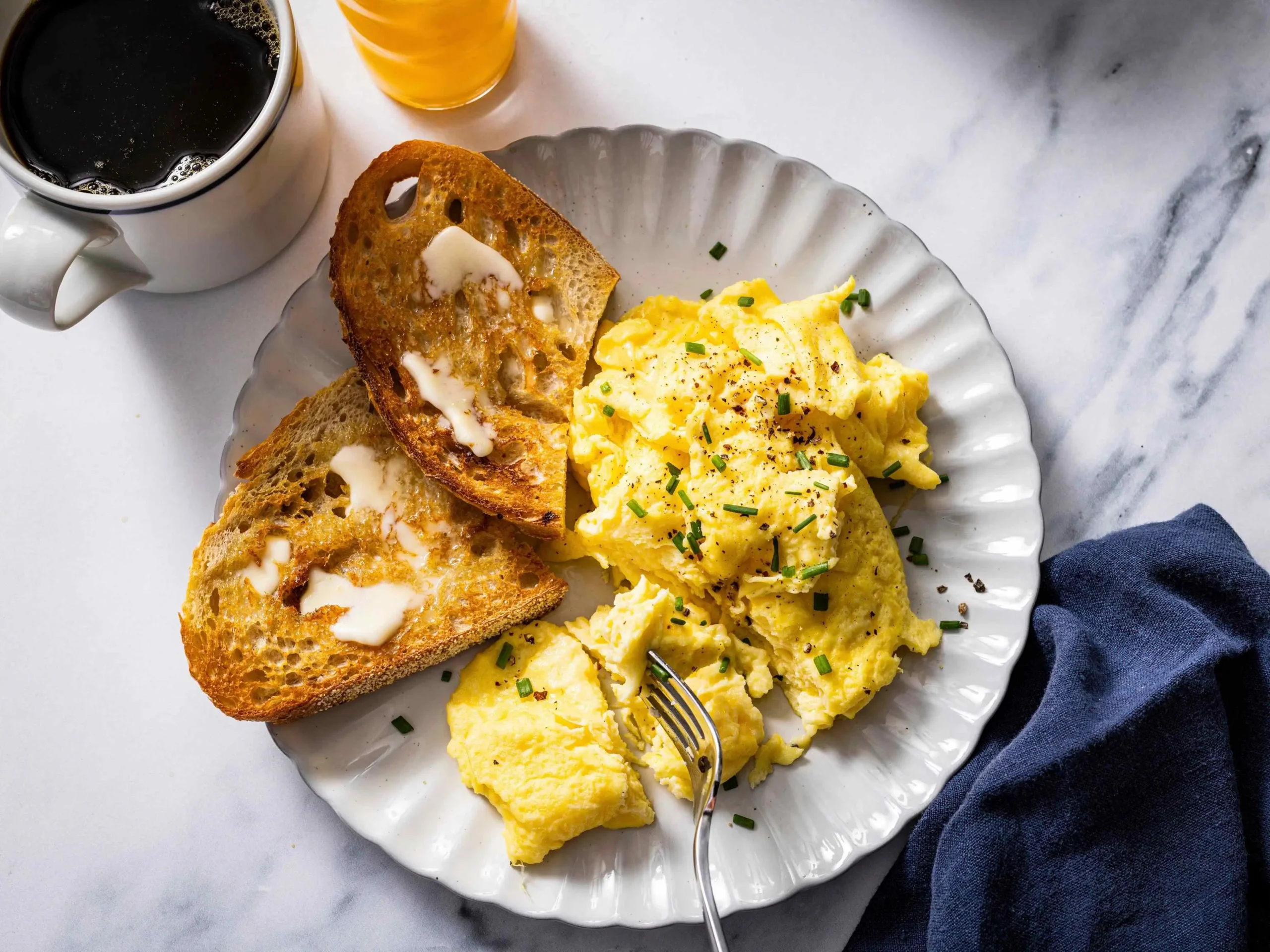How Elon Musk turned digital identity into real-world capital
There was a time when a social-media handle was just a clever way to introduce yourself online. Now, under Elon Musk’s reign at X (formerly Twitter), that name might cost you a fortune. The platform’s new Handle Marketplace has officially arrived — a structured system where Premium Plus and Premium Business users can buy, request, or reclaim inactive usernames, complete with price tags that stretch from a few thousand dollars to a staggering seven-figure range.
In a digital economy already obsessed with scarcity and ownership, X has just attached a tangible market value to one of the most personal parts of the internet: your name.
flow
The Handle Marketplace divides handles into two main classes — Priority and Rare.
Priority handles are the mid-tier identifiers: full names, brand-adjacent variations, or unique monikers that aren’t necessarily iconic but still desirable. Premium subscribers can request these free of charge, with one crucial condition — they must stay subscribed. If a user downgrades, X reclaims the name within 30 days.
The Rare tier is where the real speculation begins. These are the crown jewels — one-word handles, cultural markers, and legacy usernames like @music, @love, or @ai. Their prices start at around US $2,500 and, according to insiders, can climb well past $1 million. Ownership of these coveted names comes with permanence: pay once, and the handle remains yours even if you downgrade later.
In a platform still defining its identity under Musk’s ownership, these sales create an entirely new layer of exclusivity. The more premium the handle, the higher the perceived status — not unlike a blue check in the platform’s earlier years, except this time the badge is linguistic.
monetizing identity
Usernames have long carried invisible value. A clean, one-word handle can make or break a brand’s online presence. Startups have fought legal battles for them; influencers have built entire followings on their memorability. What Musk’s X has done is formalize the black-market trade of handles that has quietly existed since the dawn of social media.
Before the marketplace, “handle flipping” — the buying and reselling of coveted usernames — happened in backchannels and private DMs. The new system centralizes that economy, giving X the control and the cut.
From a business standpoint, the move is logical. X’s ad revenue has yet to fully recover from its 2023 exodus, and its Premium tiers are the backbone of the company’s recurring income. By tying exclusive identities to paid subscriptions, X has found a way to lock users into a higher-value ecosystem while monetizing assets it already owns: the dormant usernames of inactive accounts.
In short, Musk is turning digital dust into dollars.
system of handles
Beyond revenue, the Handle Marketplace marks a deeper cultural shift. Social-media identity is now officially class-tiered.
The Premium user who pays for @paris is no longer just a customer — they are a shareholder in their own name. The casual user with @paris_987 exists in a lower caste of digital visibility. The difference isn’t just cosmetic; it’s algorithmic. A cleaner, shorter handle performs better in search and in memory.
This stratification mirrors broader trends in digital society, where access, status, and influence often hinge on paywalls — whether it’s Spotify’s ad-free experience, YouTube’s Premium tier, or Instagram’s verification badge. X’s handle system is simply the next evolution of that hierarchy.
scarcity as spectacle
Scarcity has always been a powerful marketing tool. In the world of sneakers, watches, and NFTs, it’s the promise of exclusivity that drives demand. X’s Rare handles follow the same logic. When only one person can ever own @one, that ownership becomes both asset and identity.
The psychology here is simple but effective. Just as collectors chase serial numbers or limited-edition drops, digital elites now chase handles — a new form of status currency. Musk, an entrepreneur fluent in internet subculture, understands this instinct well. By creating artificial scarcity, he’s transformed what used to be a default setting into a luxury good.
It’s easy to imagine where this could go next: high-profile auctions for dormant names, partnerships with legacy brands to “reclaim” their handles, even third-party brokers offering valuation services for digital identities.
the thin line between ownership and rental
Yet for all the talk of ownership, most users will find that their handle is more of a lease than an acquisition. Priority handles vanish once the monthly subscription stops. Even for those who buy Rare ones, resale is prohibited under X’s terms of service. The user owns the handle in name, but not in full sovereignty — a detail that underscores the fragility of “digital property.”
In this light, Musk’s system feels less like liberation and more like licensing identity. It turns usernames into tokens that can be lost, revoked, or repriced at any moment, depending on platform policy.
It’s an ironic evolution for a service once synonymous with free speech: where words were democratized, names are now monetized.
beyond x: a preview of the digital real-estate age
If X’s marketplace succeeds, expect imitation. Other platforms — from Instagram to TikTok to emerging AI-based communities — may follow suit, establishing their own verified handle exchanges. What began as a quirky idea for reactivating old accounts could soon reshape how we perceive online property.
This also redefines digital authorship. A username once symbolized individuality — now it represents investment. The person who can afford @art doesn’t just express taste; they broadcast wealth.
impression
For many users, this shift may feel alienating. The democratization of social media — anyone can join, anyone can speak — hinged on equality of access. Turning handles into commodities introduces a gatekeeping mechanism that privileges financial ability over creativity or longevity.
Artists, small businesses, and emerging creators could find themselves priced out of the simplest identifiers, forced to navigate an increasingly fragmented identity landscape. And while Musk’s defenders hail this as free-market logic, others see it as the final erosion of the communal internet ideal — the transformation of language itself into merchandise.
No comments yet.








